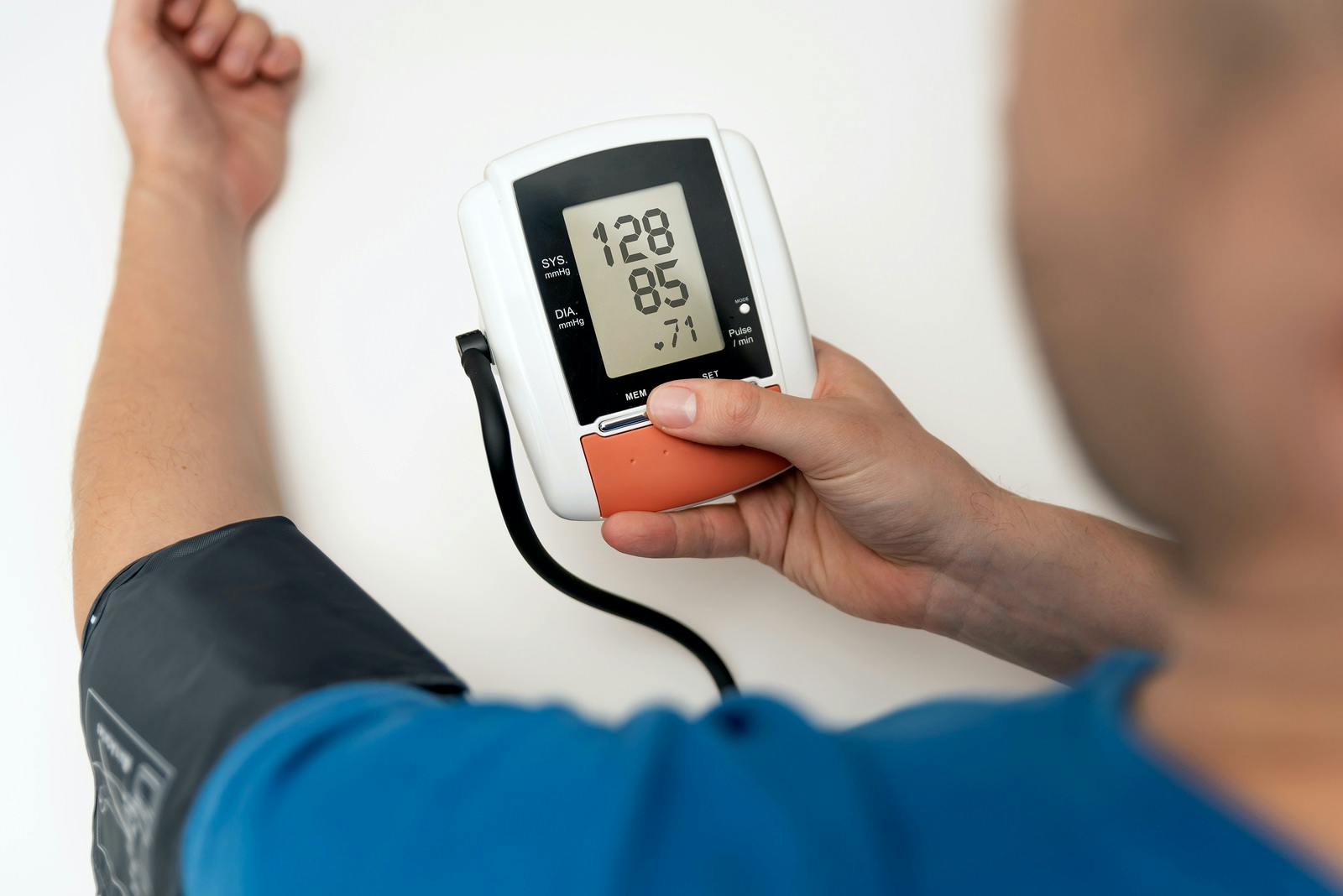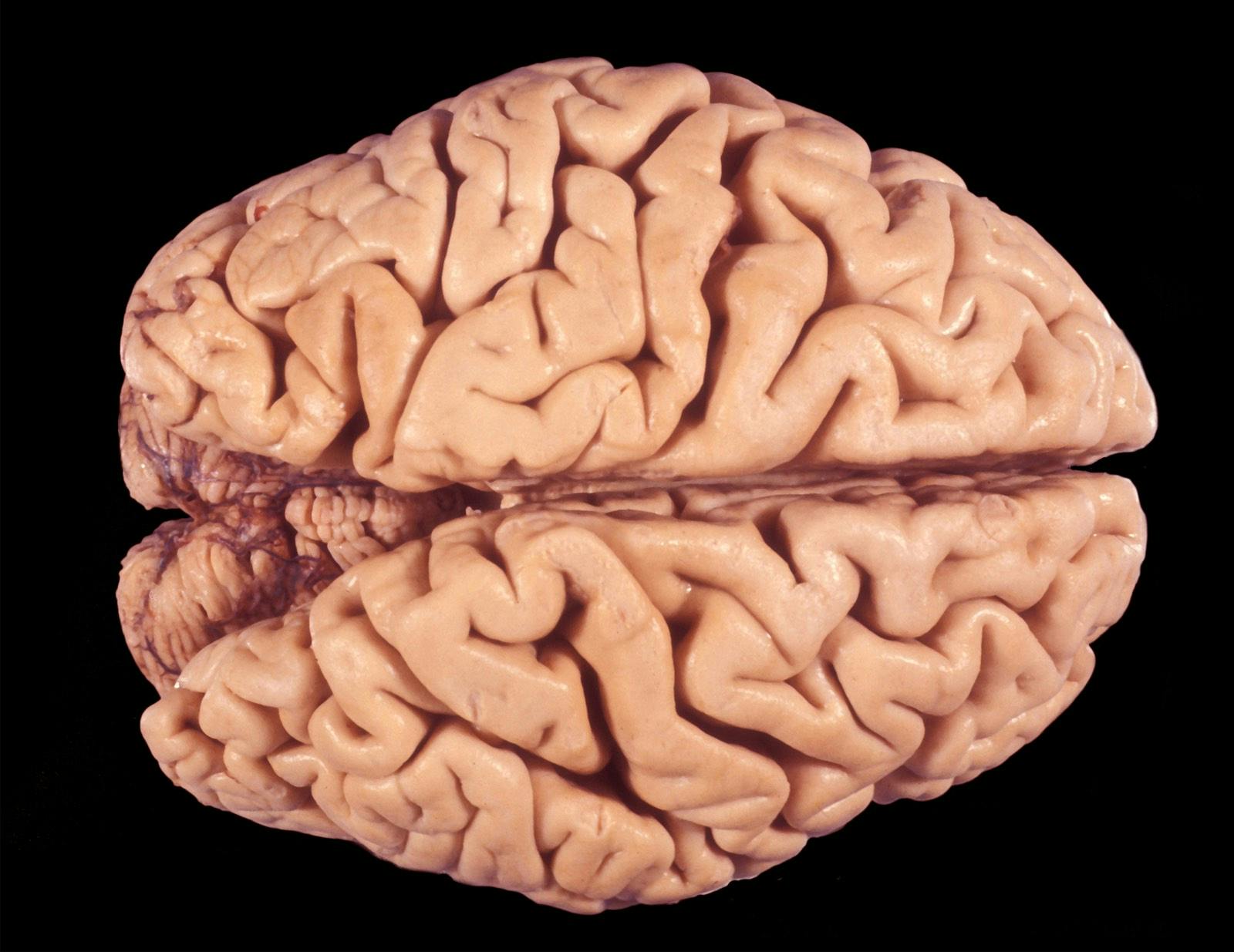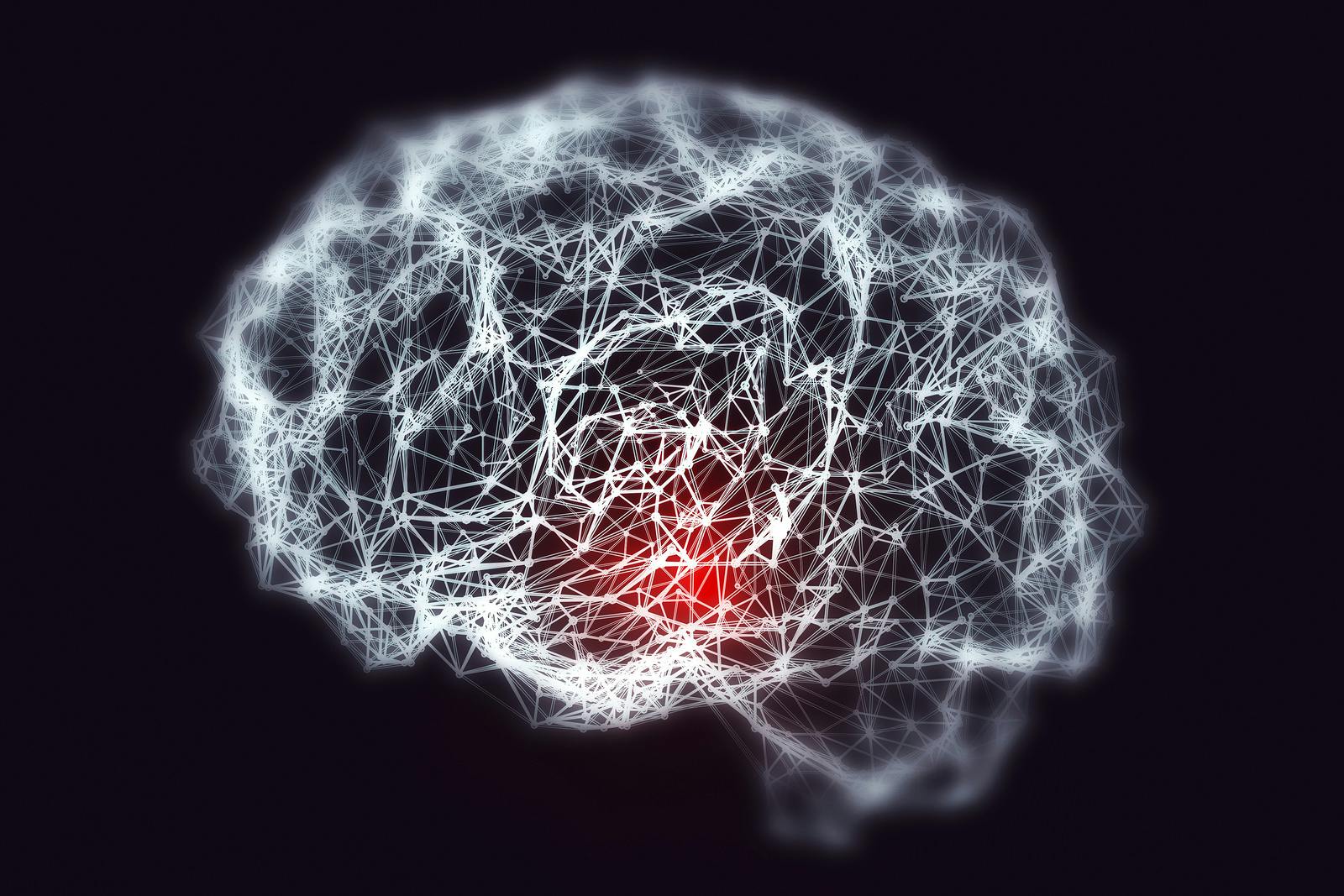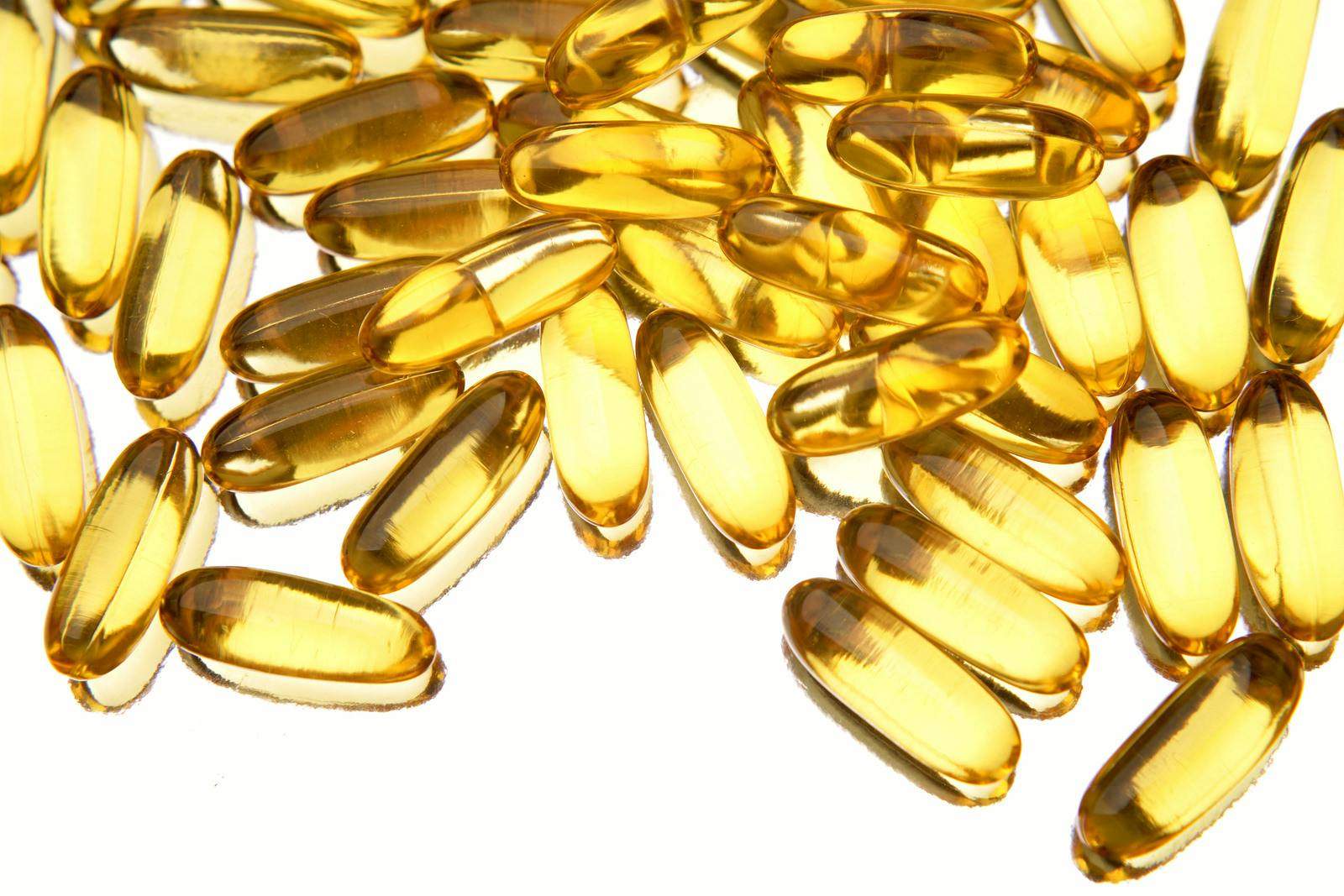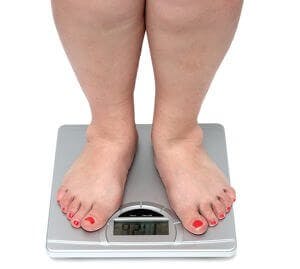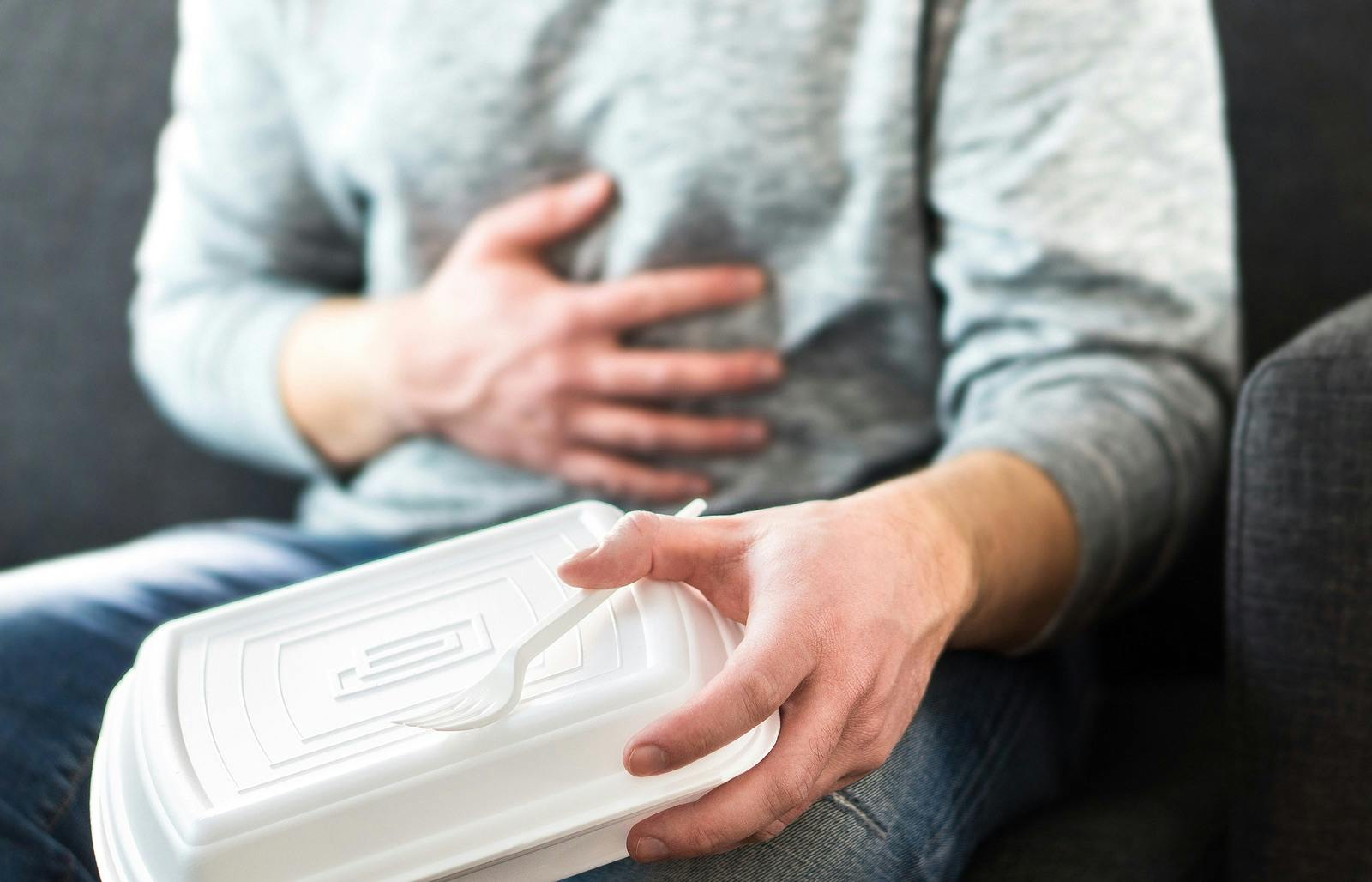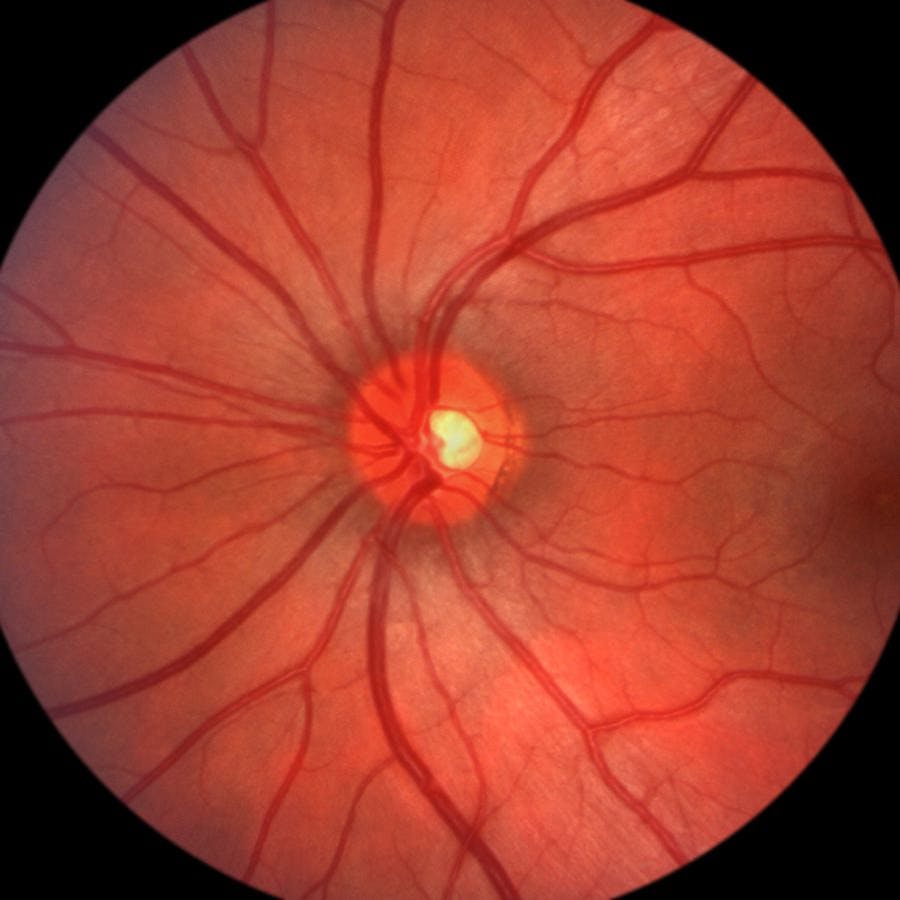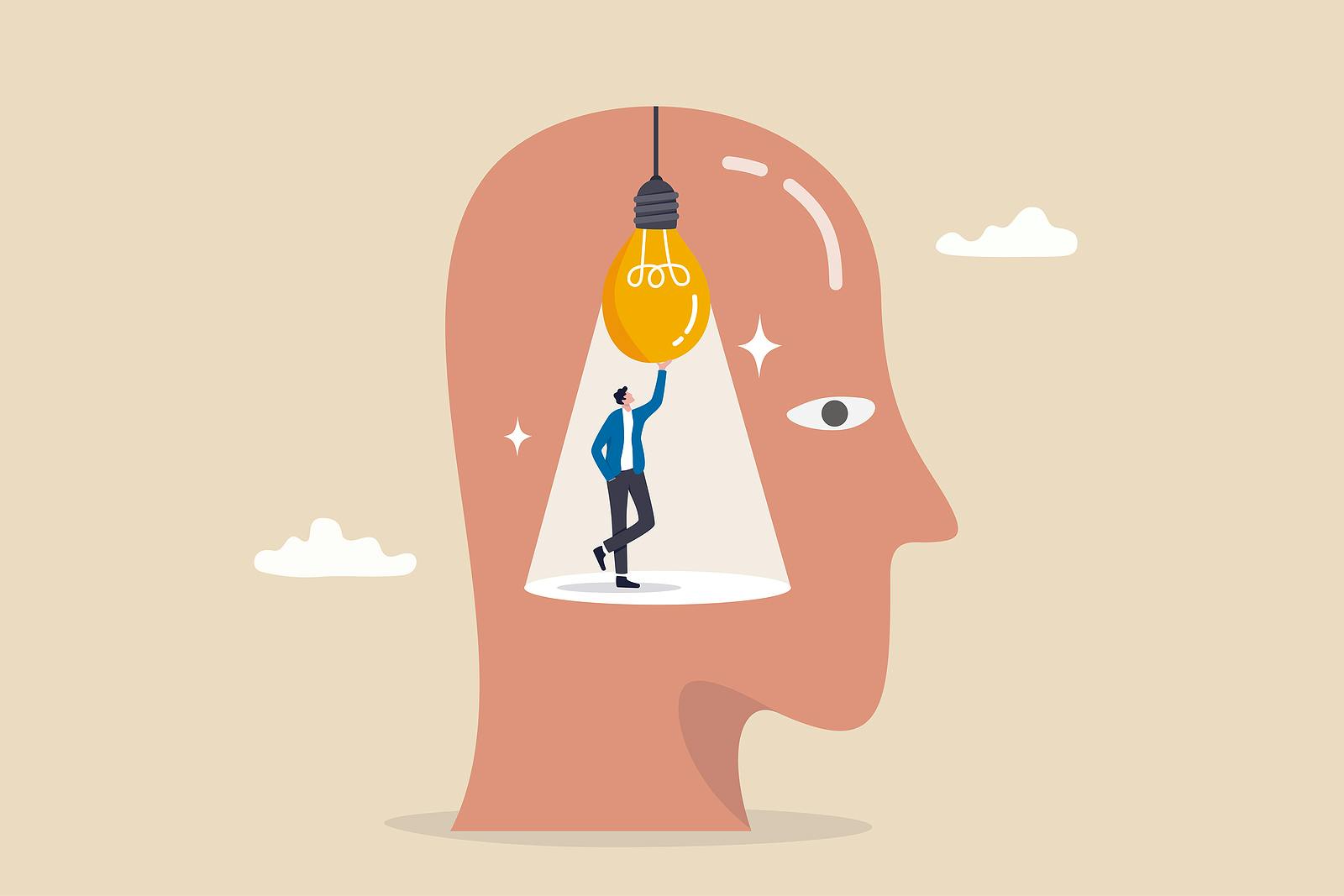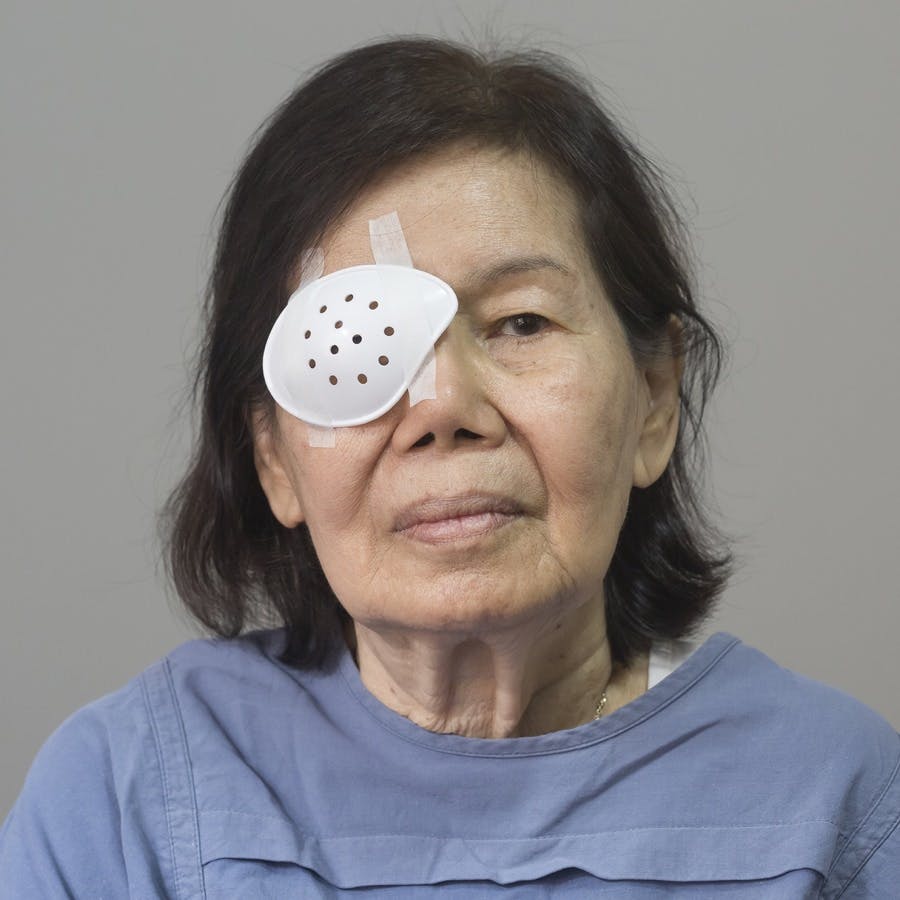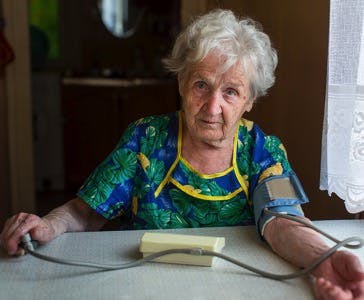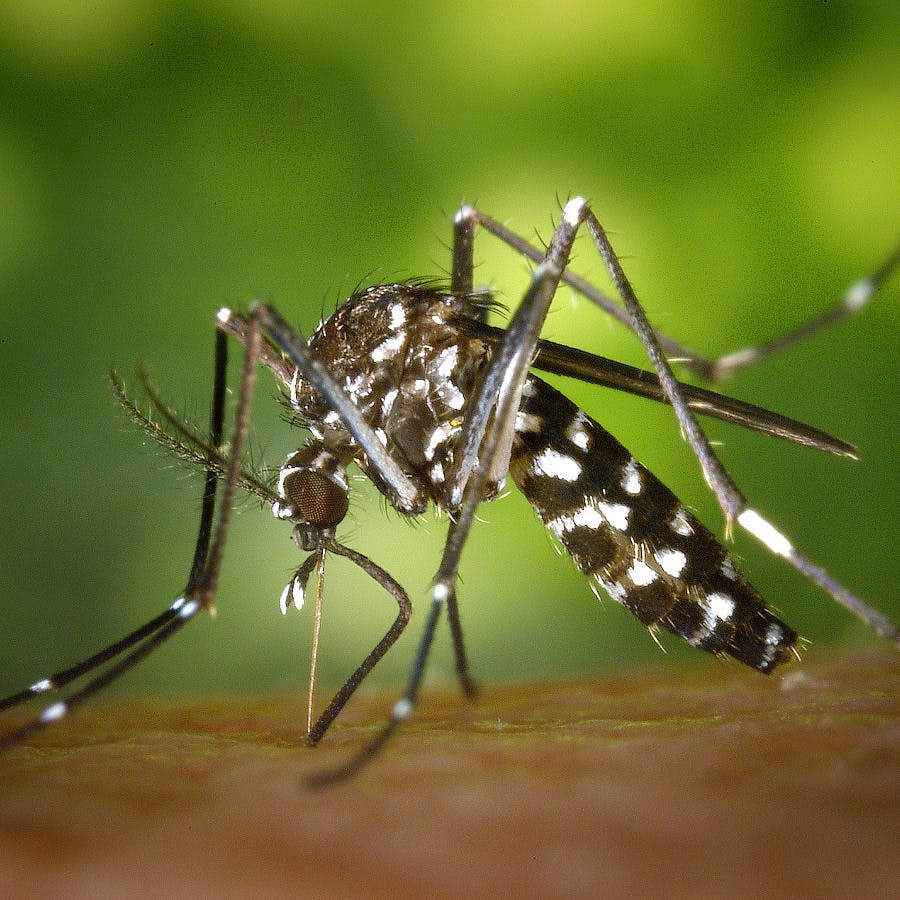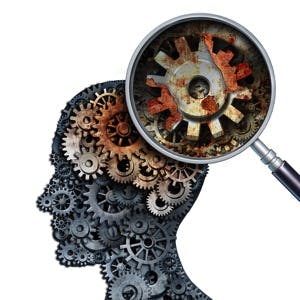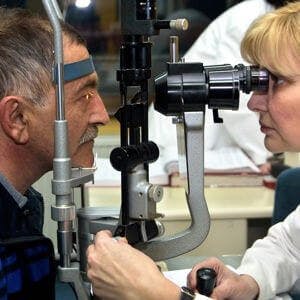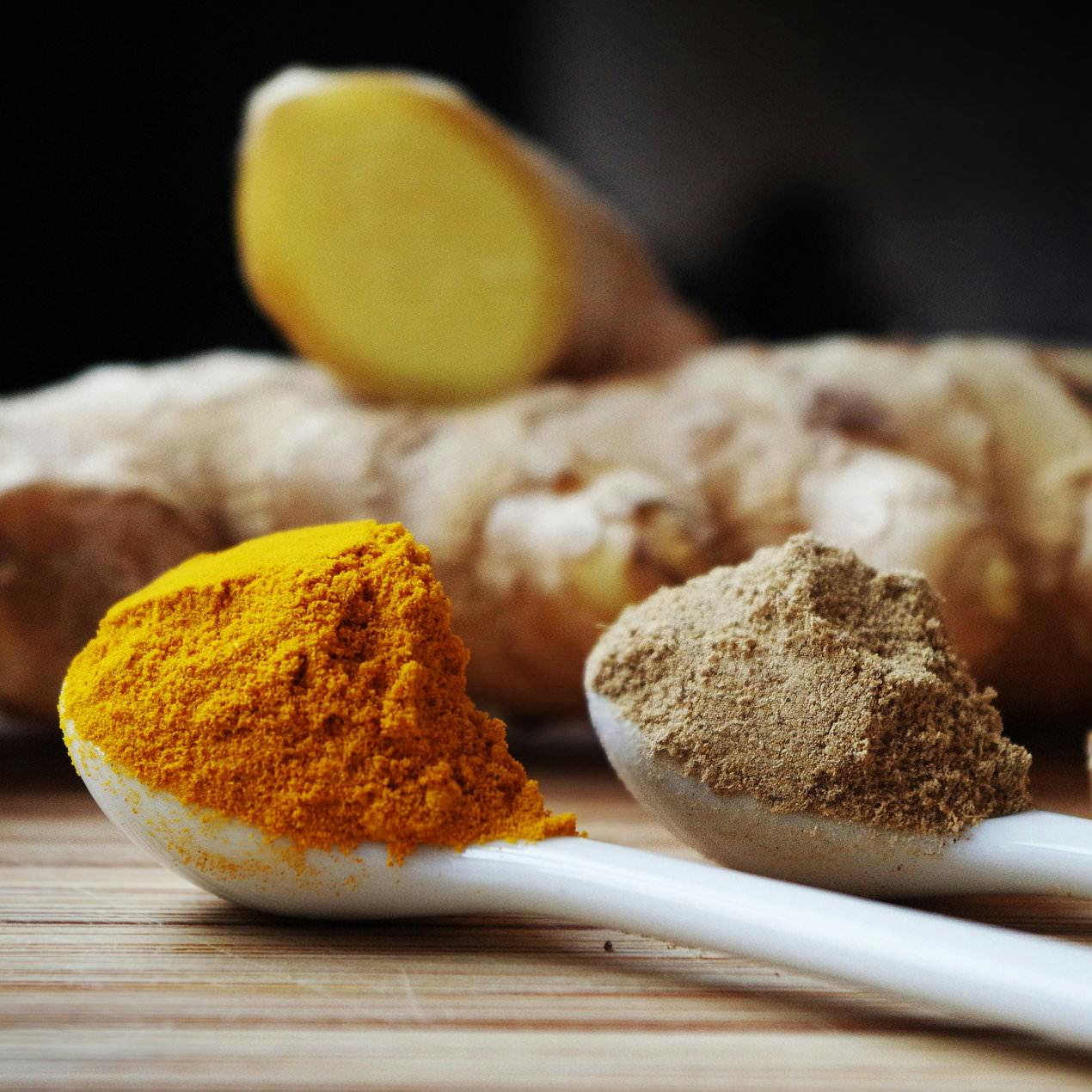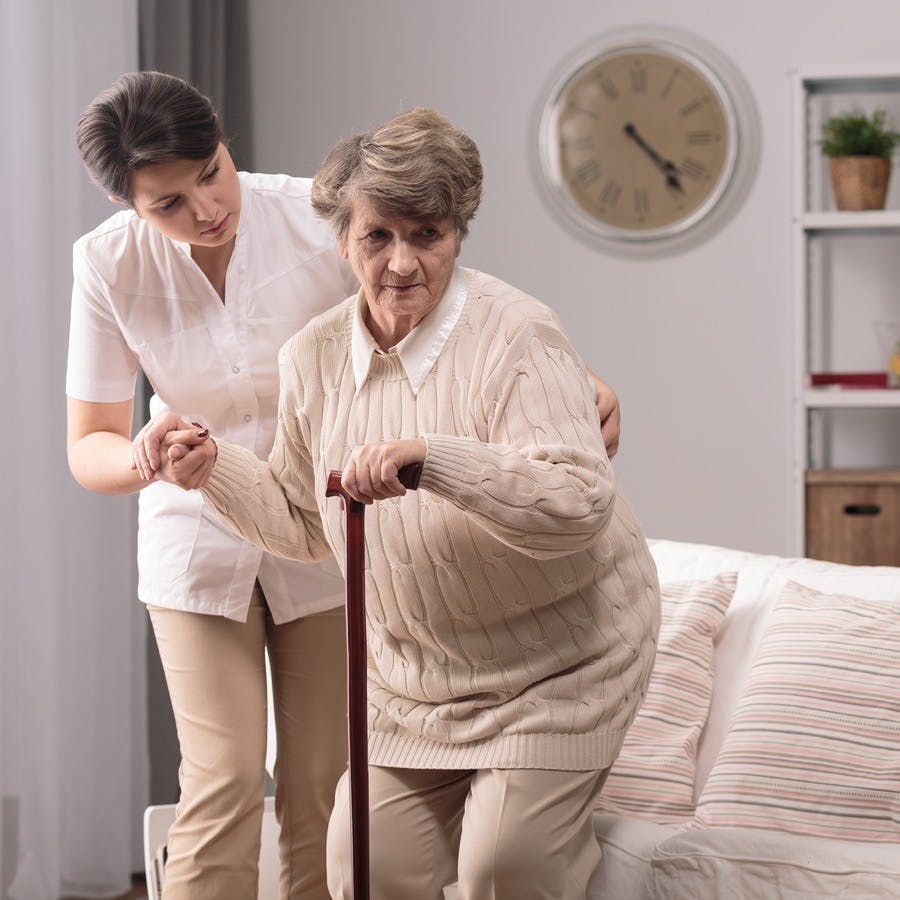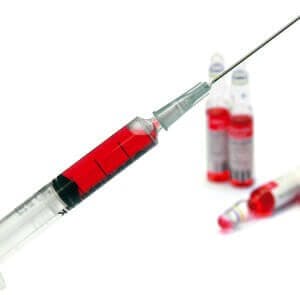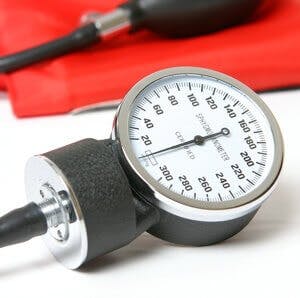Articles categorized as Dementia
Infections and Dementia: Are Viruses and Bacteria Driving Alzheimer Disease?
What is at the root cause of Alzheimer disease? The latest research reinforces a connection between infections and dementia. New Treatments...
Our Top 10 Articles of 2025: The People’s Pharmacy Year in Review
Our Top 10 most-read stories of 2025, from medication dangers and statin surprises to dementia discoveries that reshaped health thinking.
The Miracle of Metformin Against Diabetes, Cancer and Dementia
Metformin helps manage blood sugar. It is the miracle of metformin. It also helps prevent long COVID, dementia and some common cancers.
Say Cheese! High-Fat Dairy Linked to Lower Alzheimer’s and Dementia Risk
Could Cheddar or Brie help lower Alzheimer’s risk? A 25-year Swedish study challenges long-held fears about saturated fat.
Vaccines Against Dementia? New Evidence Reveals Stunning Protection!
Could a shingles shot prevent and/or slow the development of dementia? New Research expands the case for vaccines against dementia.
Could Step Counters Help Us Ward Off Dementia?
In studies that coupled step counters with coaching by health professionals, volunteers increased their physical activity.
Can GLP-1 Agonists Fix What Ails You — and Ward Off Dementia or Cancer Too?
How good are GLP-1 agonists? Research suggests semaglutide (Ozempic, Wegovy) helps control weight, glucose and reduces the risk for dementia.
Should Your Doctor Know You Are Not Sleeping?
If you are sleeping less than you need to, your health could suffer. Ask your doctor about nondrug approaches such as melatonin.
Listen to Music to Stay Sharp and Other Steps to Prevent Dementia
Could listening to or playing music be one of the key steps to prevent dementia? A new study says YES! Read about other strategies as well.
Show 1451: Rethinking Dementia: Is What We Believed about Alzheimer’s Wrong?
Instead of focusing only on amyloid plaque in the brain, should we be rethinking dementia? Multiple interventions could protect cognition.
Reduce Your Risk of Dementia with Physical Activity
Physical activity was linked to less cognitive decline among seniors in several studies. How are you staying active?
How Good Is the Shingrix Vaccine Against Shingles, Heart Disease or Dementia?
Will the Shingrix vaccine protect you from shingles or postherpetic neuralgia? What about dementia or cardiovascular complications?
Is Gum Disease a Culprit Leading to Heart Disease?
Saturated fat in the diet may not be the only or perhaps the main culprit leading to heart disease. Gum health counts, too.
Ketogenic Diet Advantages and Disadvantages
Ketogenic diet advantages include weight control, better blood sugar and less depression. The high-fat, low-carb diet can produce bad breath.
Does Your Life Have Purpose? Defense Against Dementia!
Scientists report that dementia now affects over 6 million Americans and 42% will develop it. Is purpose in life a defense against dementia?
Is Hormone Therapy Safe for Menopausal Women? Yes and NO!
There's no simple answer to the question: is hormone therapy safe? Studies give different answers. The most recent research says age matters!
The Infection Factor: Rethinking Heart Disease and Dementia
Research links pathogens to heart attacks, strokes, and cognitive decline. Rethinking heart disease prevention could start with vaccination.
Should You Be Taking Vitamin Supplements?
Many medications can interfere with good nutrition. If you are taking pills for certain conditions, perhaps you should be taking vitamin supplements.
What Should You Eat to Reduce Your Risk of Dementia?
Studies suggest produce rich in flavonoids and folate are among the foods you should eat to reduce your risk for dementia.
Hypertension Heresy: Are We Overtreating High Blood Pressure?
Should everyone, regardless of age, control hypertension rigorously? Is there such a thing as overtreating high blood pressure?
Can Lithium in Water or a Supplement Prevent Alzheimer Disease or Dementia?
Could lithium in water fend off Alzheimer's disease? A brand new study reveals that low-dose lithium could be a game-changer vs. dementia.
Could A PERSONALIZED Exercise Program Save Your Brain?
Randomized controlled trials answer the question: Could exercise save your brain? with yes. Following a DASH diet as well may help even more.
How Can You Keep Your Brain Healthy?
Staying mentally active and following a diet rich in colorful produce can help you keep your brain healthy. Having fun helps too!
Surprising and Scary Gabapentin Side Effects
Doctors are prescribing gabapentin off-label for pain. Gabapentin side effects, such as dementia, can be serious. Stopping can be difficult.
Will Your Diet Help You Avoid Dementia?
People who eat lots of vegetables and healthy fats like olive oil may avoid dementia better than those following a pro-inflammatory diet.
Can You Prevent Alzheimer Disease with L-Lysine?
Data linking herpes virus infections (HSV-1) with a higher risk of dementia offer hope that taking L-lysine might prevent Alzheimer disease.
Personalized Approach Can Lower Risk for Dementia
Older people have a lower risk for dementia if they can address several risk factors such as sedentary habits, depression or hypertension.
Staying Fit Helps the Brain as Well as the Body
Staying fit with gardening, walking or other exercise does more than keep your heart healthy. It also reduces your risk of dementia.
Amazing Benefits from Half a Tablespoon of Olive Oil
The evidence keeps accumulating that olive oil can help people lose weight and reduce the risk of heart disease and dementia. Getting enough?
Could Aggressive Blood Pressure Control Save Your Brain?
A new Chinese study suggests that aggressive blood pressure control may reduce the chance of dementia. How impressive are the data?
What Can Help You Stay Sharp as You Age?
Maintaining physical activity and consuming blueberries, turmeric and rosemary may help you stay sharp as you age. Which will you try?
Helping Your Heart Means Boosting Your Brain
A study of French senior citizens shows that if you do a good job of helping your heart with diet and exercise, you also dramatically lower your likelihood of dementia.
Will Spices Help Protect Your Memory?
Certain herbs, such as basil, lemon balm, rosemary and sage, as well as some spices may help protect your memory.
Is It Possible To Make America Healthy Again?
Dennis Miller, R.Ph., likes RFK, Jr.'s efforts to blame processed foods for chronic disease. Will his initiative make America healthy again?
How to Stay Healthy with a Mediterranean Diet
Following a Mediterranean diet with lots of veggies, fruit and fish can help reduce the risk of heart disease, diabetes and many cancers.
Antidepressant Drugs and Dementia: The Link Gets Stronger!
People think Alzheimer disease is caused by bad genes or bad luck. But data link anticholinergic and antidepressant drugs and dementia.
Vitamin B12 Deficiency Can Cause Cognitive Problems
Older people are at risk for vitamin B12 deficiency, which can lead to cognitive difficulties. Certain medications and a vegetarian diet increase the risk.
Forgetfulness or Worse: Are Medications Raising Your Risk for Dementia?
Are common OTC and Rx drugs capable of raising your risk for dementia? Which meds could be chipping away at memory? Beware hidden dangers.
Show 1416: Exposing Fraud and Arrogance in Alzheimer’s Research
An intensive examination of research publications on Alzheimer's found that several showed telltale signs of fraud and arrogance.
Dreams or Dementia? The Dangers of Z-Drugs to Get ZZZs
People with insomnia often take sleeping pills, but reports of dementia have scared MDs and patients. Are Z-Drugs like zolpidem safe?
Memory Makers or Memory Takers: Medications and Dementia
An ambitious review of studies shows links between medications and dementia. Some increase the risk, while others protect the brain.
What Is the Difference Between Healthspan and Lifespan?
The US has a large gap between healthspan (years free of disease and disability) and lifespan (total years lived). Exercise could improve it.
Show 1412: Beyond Amyloid: The Science That Could Change the Course of Alzheimer Disease
A personalized approach considering multiple factors may be helpful for changing the course of Alzheimer disease.
Microbes on the Mind: How the Brain Microbiome Affects Dementia Risk
Researchers plan to find out if infections disrupting the brain microbiome are responsible for the devastation of dementia.
Show 1368: Why Overcoming Loneliness Is Crucial for Your Health (Archive)
Social isolation is a serious risk factor for chronic diseases. As a result, overcoming loneliness is an essential step toward better health.
Cannabis: New Way to Calm Patients with Alzheimer’s Disease
Existing medicines to calm people with Alzheimer's disease have very serious side effects. Could cannabis (nabilone) ease agitation of AD?
Can a Mediterranean-Style Diet Protect Your Brain?
You don't have to live near the Mediterranean Sea to benefit from a traditional diet rich in vegetables, legumes, fruit and olive oil.
New Research Confirms Link | Herpes Virus Infections and Alzheimer Disease
What if there was a connection between herpes virus infections and Alzheimer disease? New research is intriguing! Could antiviral drugs help?
Can Raising the Head of the Bed Beat Insomnia?
One reader found that elevating the head of the bed resulted in better sleep patterns. Another likes to listen to calm ebooks to fall asleep.
Incredible Beet Health Benefits for Brain and Blood Pressure
Beets are not sexy, though they may improve your love life. Beet health benefits may also include lower blood pressure and brain protection.
Show 1402: How You Can Protect Your Precious Eyesight and Keep Your Eyes Healthy
This interview with Dr. Fekrat addresses your questions about how to keep your eyes healthy and protect your precious eyesight.
Can Low Blood Pressure Raise Dementia Risk in Older Adults?”
Is low blood pressure always healthy? Many think that 120/80 is ideal. Research shows that low BP may sometimes raise dementia risk in elders
Show 1400: Exposing Blind Spots: Unmasking the Myths of Modern Medicine
When doctors' recommendations are based on scientific evidence, they hold up. But blind spots that rely on dogma instead are a problem.
Which Berries Are Best for Your Brain?
Including berries in your meals–blackberries, blueberries, raspberries or strawberries–should improve your chance of successful brain aging.
Could Fat from Fish Be Good for Your Brain?
People with higher blood levels of DHA, a fat from fish, had lower levels of amyloid in the brain. APOE4 carriers benefit from fish oil.
How to Eat to Maintain Your Brain
To maintain your brain at its proper size and best function, eat a diet high in nutrients. That means plenty of veggies and not many cookies.
Will Benzodiazepine Use Increase Your Risk for Alzheimer Disease?
There's good news and bad news about benzos and Alzheimer disease. The risk of dementia seems small, but brain shrinkage could be a problem!
New Blood Tests for Alzheimer Disease
Scientists hope that a blood test for Alzheimer disease that measures a protein resulting from nerve cell breakdown will permit early diagnosis.
Show 1374: Marvelous Medicinal Mushrooms (Archive)
In this episode, learn about medicinal mushrooms that can modulate the immune system or possibly reduce the risk of dementia.
Sauna Bathing and Its Health Benefits
Regular sauna bathing lowers blood pressure and other risk factors for heart disease. It may also help prevent lung disease and dementia. Exercise plus sauna is synergistic.
Does Prevagen Help to Improve Memory?
You may have seen TV advertising for a dietary supplement called Prevagen to improve memory. Now the FTC has called the product into question.
Smartphone App Helps Researchers Diagnose Frontotemporal Dementia
Researchers have developed a smartphone app that can detect symptoms of frontotemporal dementia accurately. They plan to use it in studies.
Is It Possible to Prevent Alzheimer’s Disease with Viagra (Sildenafil)?
Drug companies have left patients disappointed in their quest to prevent Alzheimer's disease. A new study suggests Viagra might work.
Could a Daily Multivitamin Help You Stay Sharp?
The COSMOS-MInd study show that seniors taking a daily multivitamin are more likely to stay sharp. A high-veggie diet might also help.
Could BCG, a 100-Year-Old Vaccine, Protect You From Dementia?
There is a suspicion that some infections may increase the risk for dementia. Could vaccines like BCG against TB protect against Alzheimer's?
Are My Medications Causing Me Memory Problems?
Could memory problems be due to drugs rather than aging or dementia? Meds turned one reader's memory to "garbage." Beware anticholinergics!
Show 1364: Staying Sharp Through Better Hearing
Studies show hearing impairment is associated with cognitive decline, but with better hearing people stay sharp longer.
Show 1362: Lowdown on New Medicines for Treating Obesity –Part 2
In this episode, we consider the benefits and considerable risks of drugs like Wegovy for treating obesity. Our guest says eat real food!
Is a Rapid Heart Rate a Risk for Dementia?
What’s your resting heart rate? If it’s greater than 80 beats per minute you may be at a risk for dementia. Is there anything you can do?
Calculating the Burden of Dementia in Dollars and Cents
The burden of dementia is heavy. Not only are there physical and emotional challenges that come with cognitive decline, medical costs soar.
Show 1359: Is the Food on Your Plate Real or Fake?
Listen to this interview with two leading nutrition scientists to determine whether you are choosing real or fake foods. (Real is better.)
Adult Education Courses Help Seniors Reduce their Risk of Dementia
When middle-aged people participate in adult education courses, they maintain many aspects of intelligence and reduce the risk of dementia.
Will Sleeping Pill with Diphenhydramine Lead to Memory Loss?
Memory loss is a terrible challenge. Might commonly prescribed medications or OTC antihistamines be to blame?
Could Research in Mice Change How We Look at Alzheimer Disease?
Fluorescent "flowers" in mouse brains give us a new look at Alzheimer disease. And laboratory mice given a dietary supplement run mazes well.
Can You See Alzheimer Disease with Retina Scan?
A type of retina scan known as optical coherence tomography angiography, or OCTA, can detect changes indicative of Alzheimer Disease before symptoms appear.
Low Vitamin D Levels Linked to Risk of Alzheimer Disease
Older people with low vitamin D levels are more vulnerable to dementia. A new study shows that taking vitamin D may help prevent dementia.
Show 1326: Think Different About Alzheimer Disease
In this episode, our expert guest says it's time to think different about Alzheimer disease. Look at it as an autoimmune disorder.
Show 1341: Lessons Learned from Long Illness
Millions of Americans suffer with long illness. Conventional medicine doesn't always have treatments for these conditions.
Do Blueberries Help Older People with Memory?
Numerous studies show that anthocyanins in blueberries help lower systolic blood pressure and improve cognitive performance of impaired individuals.
How Can You Stop PM Sleeping Pills?
Millions of people take OTC pain relievers to combat insomnia. Do they realize that these "PM" sleeping pills have anticholinergic activity?
Lion’s Mane Mushroom Improves Memory in Mice
Compounds in Lion's Mane mushrooms help nerve cells connect and boost memory in mice. Could they help slow cognitive decline in humans?
Will Flu Shots Protect You from Alzheimer Disease?
Several studies suggest that flu shots protect older adults from dementia as well as from infection. Regular immunizations seem to work best.
Brain Changes from COVID Affect Memory!
Are you experiencing more brain fog than usual? Did you catch COVID without even knowing it? Brain shrinkage and cognitive decline can result
Show 1318: Challenging Dogma About Alzheimer Disease and Depression
This week, we speak with two scientists who are challenging dogma about how the brain works and how we can treat it.
Do ADHD Drugs Help People with Alzheimer Disease?
A meta-analysis indicates that ADHD drugs like Ritalin or Strattera could help people with Alzheimer disease improve cognition.
Will COVID-19 Increase the Risk for Later Dementia?
Neurologists worry that SARS-CoV-2 infection may affect the brain and raise the possibility of later dementia as a consequence.
Which Coffee Compounds Protect the Brain?
A combination of two coffee compounds act synergistically to protect the brain in mice. Human coffee drinkers also benefit.
Heartburn Drugs like PPIs Are Linked to Dementia
Should the FDA reconsider allowing PPIs to be sold OTC? There's growing evidence that PPIs are linked to dementia. A Swedish study shows how.
Should You Drink Cherry Juice for Your Brain?
According to a study, older people who drink cherry juice score better on tests of cognitive function after three months.
Can Cataract Surgery Help Delay Dementia?
A large, long-term cohort study shows that cataract surgery may help delay dementia or reduce the risk of serious cognitive decline.
What Is It About Coffee That Protects Your Brain?
Scientists tested dark roast and light roast coffee as well as decaf to see what components of coffee may prevent amyloid plaques.
Are You Suffering Senility or Vitamin B12 Deficiency?
Symptoms of a vitamin B12 deficiency may mimic senility, with poor concentration, constipation, balance problems and tingling or numbness in hands or feet.
Show 1269: How the First Survivors of Alzheimer’s Saved Their Brains
Dr. Dale Bredesen has invited the first survivors of Alzheimer's to describe how they saved their brains with his protocol.
Which Blood Pressure Pills Help Protect Memory?
ACE inhibitors that can get into the brain may protect memory in older adults. ARBs that cross the blood-brain barrier also seem to work.
What Steps Can You Take to Keep Your Brain Healthy?
If you'd like to keep your brain healthy for as long as possible, stick with a Mediterranean-style diet and meditate every day.
Can Skimping on Sleep in Middle Age Lead to Dementia Late in Life?
Middle aged people skimping on sleep may be putting themselves at risk for dementia in old age.
Show 1231: How Can Women Reduce Their Risk for Dementia?
Find out how women can reduce their risk for dementia with diet, exercise and the proper timing of hormone therapy.
Does Eating Fish Protect the Brain from Pollution?
A study finds that, for older women, eating fish a couple of times a week can provide protection against brain shrinkage caused by air pollution.
Are There Cognitive Benefits to Moderate Drinking?
A study among older Americans finds that moderate drinking is linked to cognitive benefits for white participants. Too much is not good!
Show 1214: How to Defend Your Brain During the Pandemic and Beyond
Dr. Dale Bredesen describes how to boost your immune system to defend your brain from infection, toxins and inadequate nourishment.
Will Blood Pressure Medicines Prevent Alzheimer Disease?
In a new meta-analysis, the investigators found that people taking blood pressure medicines are slightly less likely to develop dementia.
Could Dementia Genes Make You Vulnerable to COVID-19?
Researchers have found that dementia genes are twice as common among hospitalized COVID-19 patients as in the general population.
PPIs and Cognitive Dysfunction: Anticholinergic Overkill
Ask a doctor whether proton pump inhibitors have anticholinergic activity and you will hear no! But is there a link between PPIs and cognitive dysfunction?
Show 1132: Are Infections to Blame for Alzheimer Disease? (Archive)
Pharmaceutical scientists have been striving to get amyloid plaques out of the brain, but new research suggests that amyloid may be acting to protect the brain from microbes. What are the implications
Surgery Doesn’t Boost Risk of Alzheimer Disease
Experts have been concerned that anesthesia for surgery might boost the risk of Alzheimer disease. Doctors from the Mayo Clinic have reassuring news.
Can You Lower Your Dementia Risk With a Few Drinks?
If you want to lower your dementia risk with a drink or two, stick to just one or two a week. LIght drinking is linked to less plaque in the brain.
Stalked by the Fear That Dementia Is Stalking You
Should you be tested to see if you are likely to develop dementia? The answer is different for everyone. What will you do with the results?
Can You Prevent Dementia With Grape Seed Extract?
Rodent research shows that grape seed extract can slow cognitive decline and the development of dementia. How well will it work for humans?
Has a Chinese Company Found a Cure for Alzheimer’s?
Drug companies have long been thwarted in developing a cure for Alzheimer's disease. Now a Chinese firm is taking a different approach to the problem.
Soccer and Brain Damage: Kids and Headers?
Soccer is a wonderful sport. It requires extraordinary stamina and great team play. Kids love it. But is there harm to the brain when players head the ball?
Show 1182: How You Can Use Exercise as Medicine
Doctors who use exercise as medicine offer personalized prescriptions for activity. This can be as powerful as medications for promoting health.
Show 1174: What to Do About Skeeter Syndrome
This week, share your thoughts and learn about skeeter syndrome, how certain common drugs affect your ability to think and statin side effects.
Prostate Cancer Therapy and Dementia: The Link Gets Stronger
Determining the best treatment(s) for PCa is challenging. Hormone suppression is common. Is there a link between this prostate cancer therapy and dementia?
Falling for Scams Is a Sign of Cognitive Impairment
Older adults who show signs of falling for scams may be at risk for mental deterioration over the next several years.
FDA Cracking Down on Dietary Supplements for Dementia
Some companies promoting products to treat Alzheimer's disease have received warning letters from the FDA: Don't sell dietary supplements for dementia!
Are Leaky Blood Vessels A Culprit Behind Alzheimer’s Disease?
Alzheimer's disease is devastating. No one knows what causes dementia. New research reveals that leaky blood vessels may be a key factor. What causes this?
Can Clonazepam Increase the Risk for Dementia?
People taking benzodiazepines like clonazepam for insomnia are caught between the devil and the deep blue sea. Could benzos increase the risk for dementia?
Men Who Love Veggies Have Better Memory
The Health Professionals Follow-Up Study showed that men who usually eat six servings or so of vegetables daily have better memory and cognitive ability.
Will New MRI Help Doctors Detect Alzheimer Disease?
A new MRI technique, diffusion tensor imaging, may detect Alzheimer's disease before it damages cognitive function noticably.
Are Your Eyes the Window to Your Brain?
New technology turns your eyes into the window to your brain. A non-invasive scan of the retina can tell who is headed for Alzheimer disease.
Synthetic Cannabinoid (Nabilone) vs. Antipsychotics for Alzheimer’s
Can the active ingredient in marijuana ease some symptoms of Alzheimer's disease? A synthetic cannabinoid (Nabilone) eases agitation. What if dementia patients experience euphoria?
Exercise Plus Sauna Bathing Better Than Either Alone
Have you ever gone sauna bathing? This reader says he thought it was a lazy indulgence. Now he knows there are proven health benefits of a sauna bath.
Will a Sauna Bath a Day Keep Strokes and Heart Attacks Away?
Finnish researchers report that people who use a sauna bath nearly every day are much less susceptible to strokes, heart attacks and dementia.
How Good is Low-Dose Lithium for Chronic Fatigue?
We don't have a lot of tools for chronic fatigue syndrome or dementia. Is it possible that low-dose lithium for chronic fatigue or dementia prevention would be worth consideration?
Commonly Prescribed Anticholinergic Drugs Linked to Dementia
A very large study from the UK has reinforced a link between anticholinergic drugs are dementia. Which drugs are most problematic? Might you be taking anticholinergic drugs without realizing it?
No Study Support for Fish Oil Soothing Dry Eyes
Although fish oil has a reputation for soothing dry eyes, a recent randomized controlled trial found that placebo capsules of olive oil worked just as well.
Will Decaf Coffee Help You Keep Your Edge?
Coffee drinkers are less likely to develop dementia, but not everyone can drink it. Is decaf coffee just as good?
How Dangerous Are Antipsychotic Medications for Dementia?
Antipsychotic medications are a mixed bag. They don't cure dementia. They are overprescribed. But sometimes they may be helpful for dealing with dementia.
Will Drinking Alcohol and Coffee Extend Your Life?
Would you like to live into your 90s in good health? What are the key ingredients to successful aging? Could alcohol and coffee improve longevity?
Is Too Much Alcohol Bad for the Brain?
A little alcohol may help you live longer but will too much alcohol lead to brain damage and dementia? French researchers say yes!
Why Do Nursing Homes Dispense Risky Antipsychotic Drugs?
Too many nursing home residents are being given highly sedating antipsychotic drugs, even though these medicines may hasten death in people with dementia.
Will Curcumin Improve Cognitive Ability in Seniors?
Older people with mild memory problems improved their cognitive ability by taking curcumin every day for a year and a half.
No Good Evidence on Preventing Dementia
Comprehensive reviews of research find no single intervention works for preventing dementia. Combining physical and mental training with diet might help.
Help Yourself to Leafy Greens for Better Brain Power
One study of an older cohort found that people who eat a serving of leafy greens every day have much slower cognitive decline over the years.
What Will Doctors Do When Baby Boomers Retire?
Is the medical profession ready when baby boomers retire? No! A tidal wave is coming and modern medicine is not ready. How can you protect yourself?
What Is Your Ideal Smoothie to Help with Pain?
Add spices to your ideal smoothie for pain relief and extra brain support.
Get Magnesium Just Right to Prevent Dementia
The right amount of magnesium may help prevent dementia–not too much, not too little. Try to eat lots of green leafy vegetables, legumes and nuts.
Can You Dream Away Dementia?
Older people who spent less time in dream sleep were more likely to be diagnosed later with dementia.
Is Highly Variable Blood Pressure a Red Flag?
Elderly people with highly variable blood pressure measurements at home were twice as likely to develop dementia as those with more stable blood pressure.
Is Your Confusion Due to a Vitamin Deficiency?
Older people may be less efficient at absorbing vitamin B12. A vitamin deficiency could cause cognitive difficulties that go away with supplementation.
Nordic Diet vs. Dementia
Of course you have heard of the Mediterranean diet. We'll bet you haven't heard of the Nordic diet. It appears to be good for the brain and anticancer too.
Why You Should Care About Rising Deaths from Alzheimer’s Disease:
Do you know someone with Alzheimer's disease? Can anything be done to reverse the terrible toll on caregivers? Medicaid cutbacks could be disastrous.
Is a Daily Diet Soda Bad for Your Brain?
Drinking a daily diet soda triples the risk for stroke or dementia. Would you like a glass of water instead of a soft drink?
To Think Better, Get Your Exercise!
An Australian meta-analysis finds that people over 50 who exercise regularly do better on cognitive tests: aerobic, weight-lifting & tai chi all work.
How to Help Exercise Boost Your Brainpower-Drink Beet Juice First
Older volunteers who exercised after drinking beet juice first increased their brain neuroplasticity and strengthened their neural connections.
Popular Supplements Failed to Prevent Dementia
Researchers found that neither selenium nor vitamin E could prevent dementia among older men.
Was Amitriptyline a Factor in Wife’s Dementia?
Medications with strong anticholinergic activity like amitriptyline, atropine and scopolamine have been linked to cognitive decline or even dementia.
If You Get Dizzy When You Stand Up, You’re at Risk for Dementia
In a long-term study, people who felt dizzy due to a drop in blood pressure upon standing up were more likely to develop dementia.
What Is the Link Between Blood Pressure and Dementia?
The link between blood pressure and dementia changes with age. Hypertension in midlife increases the risk of cognitive decline, but older people do better with high blood pressure.
Are Super Snoozers at Risk for Dementia?
Older adults who usually sleep more than nine hours nightly appear to be at a greater risk for dementia in the next decade.
Can Sweating in the Sauna Help Your Brain?
Finnish men who frequented a sauna several times a week for several decades were significantly less likely to develop dementia.
Can Regular Sauna Baths Protect your Brain and Your Heart?
Have you ever had a sauna bath? You might be surprised to learn that sitting naked in a hot room and sweating might be good for your heart and your brain.
Will High Blood Pressure Protect Older Brains from Dementia?
Dementia is horrific. Most people would do almost anything to avoid this memory-robbing condition. Could very old people benefit from higher blood pressure?
Can Surgical Anesthesia Cause Brain Fog and Confusion?
Does surgical anesthesia scramble neurons? Some people, especially older adults, seem especially prone to POCD (post operative cognitive dysfunction).
Could You Improve Your Memory with Cocoa Every Day?
Can regular consumption of cocoa flavanols improve your memory? Several studies suggest that it might, while one reader offers a testimonial.
Did Popular PM Pain Reliever Trigger Memory Loss?
Millions of Americans worry about memory loss. They never think to link an OTC drug they take to get to sleep as contributing to brain fog. Is it a risk?
Did Lowering Blood Pressure and Cholesterol Help the Brain?
If we lower blood pressure in older people will it help the brain? That was the question of a big study. Did the results live up to expectations? Find out!
Can You Fight Alzheimer Disease with Yogurt?
In a pilot study, people who ate a cup of live-culture yogurt every day instead of drinking plain milk did better on cognitive tests instead of worse.
How Did Levaquin Improve Dementia Symptoms?
An elderly woman treated with the antibiotic levofloxacin had temporary improvement in her dementia symptoms. No one knows why.
Save Money on Fall Special to Spice Up Your Health
Parsley, sage, rosemary and thyme taste great and are good for you. Scientists are rediscovering the healing power of many culinary herbs and spices.
Can You Reverse Memory Problems from Anticholinergic Drugs?
How would you know if your memory problems are related to the anticholinergic activity of medications you are taking? Find out which drugs are risky.
Who Needs Vitamin D and Why?
A Chinese study show cognitive decline is worse in those with too little vitamin D, so anyone who wants to stay sharp needs vitamin D.
Did Ginkgo Biloba Keep His Mind Sharp?
Ginkgo biloba is a Chinese herb with a reputation for fighting cognitive decline. This reader claims it is keeping his mind sharp. Is he right?
How to Delay Dementia with Acupuncture
A meta-analysis of five controlled trials seems to indicate that acupuncture can help delay dementia. So can regular physical activity.
How to Stay Smart with Computer Brain Training
Computer brain training drills that improve speed of processing reduce the likelihood of developing dementia over 10 years by 48%.
Will Medical Marijuana Ease Pain and Prevent Dementia?
Many doctors think the idea of medical marijuana is an oxymoron. How could a drug of abuse be beneficial? Surprisingly, the research suggests it could be.
Marijuana and Alzheimer’s Disease: Can THC Prevent Dementia?
Many health professionals may assume that marijuana is bad for the brain. But new data suggest that marijuana and Alzheimer's disease might be beneficial.
Drugs That May Put You at Risk for Alzheimer’s Disease
Research in JAMA Neurology this week noted a link between popular drugs and Alzheimer's disease. What other kinds of medications may also raise this risk?
Are Anticholinergic Drugs Bad for Your Brain?
Are you taking a medicine that could affect your memory? New research confirms that anticholinergic drugs have negative impacts on the brain.
How to Boost Your Brain Power with Beverages
Beverages rich in polyphenols such as grape juice, cocoa or high-flavanone orange juice appear to improve cognitive function.
Why Should Metformin Users Watch Their Vitamin B12?
Whether taken to treat or prevent diabetes, or for another purpose, metformin users should have vitamin B12 levels monitored regularly.
New Evidence That Fish Is Really Brain Food
We've long heard that fish is brain food. A new meta-analysis shows that seafood lovers are less prone to dementia and cognitive decline.
Is Your Heartburn Pill Putting You at Risk of Dementia?
A German study suggests a link between long-term use of a heartburn pill like omeprazole and dementia. How serious is the risk?
Will a Mediterranean Diet Save Your Brain?
If a bigger brain is a better brain then you will want to seriously consider adopting a Mediterranean Diet. But what does that mean? Learn the details!
Fish Oil Failed to Protect Older People from Alzheimer’s Disease
Observational studies have suggested that omega-3 fats can help protect the brain, but in this trial fish oil failed to improve tests of cognitive function.
Common Medicines Throw a Monkey Wrench Into Mental Machinery and Memory
Common medications, both OTC and prescription can contribute to memory problems and confusion. Is someone you love taking an anticholinergic drug?
Skinny People May Be More Prone to Dementia as They Age
People with lower than normal weight for height appear more likely to experience cognitive difficulties as they grow older. Normal weight may be best.
Can Blood Pressure Be Too Low?
Lowering blood pressure aggressively with medication puts some older people at risk for dementia.
Celiac Disease May Mimic Alzheimer’s
Cognitive dysfunction may have an unexpected cause: celiac disease may mimic Alzheimer's. Following a gluten-free diet can help restore the brain.






















